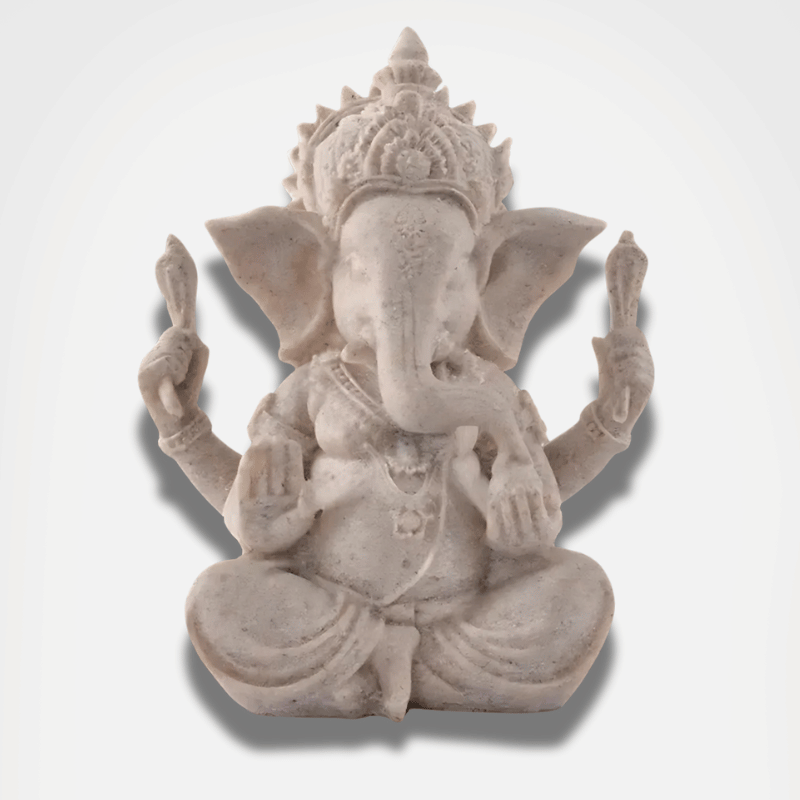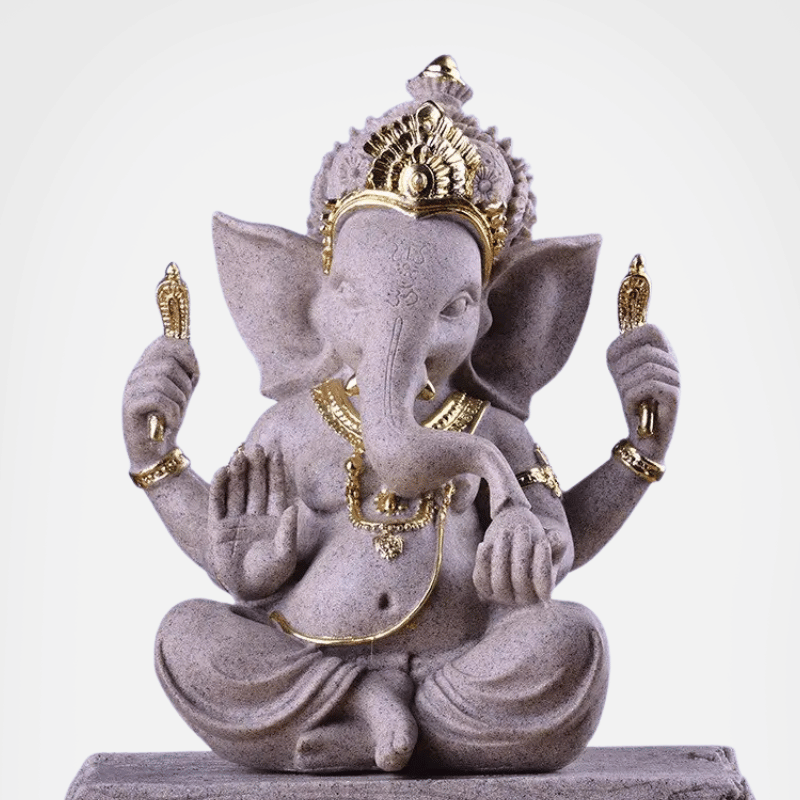Why are Buddhists vegetarians?
Buddhism and compassion towards animals
Buddhism teaches compassion towards all living beings. Buddhists believe in reincarnation and the continuity of life from one existence to the next. Therefore, they consider that animals also have souls and are part of the cycle of life. Buddhists view animal suffering as a form of negative karma and attempt to avoid contributing to this suffering by adopting a vegetarian diet.
By following a vegetarian diet, Buddhists reduce their meat consumption and thus avoid contributing to animal suffering caused by intensive breeding and slaughter. They seek to live in harmony with all living beings and consider adopting a vegetarian diet to be a manifestation of this compassion.
Respect for animal life
The Buddhist practice of non-violence (ahimsa) also extends to animals. By respecting animal life, Buddhists seek to avoid willfully causing harm to any form of life. This includes not only human beings, but also animals. By adopting a vegetarian diet, Buddhists affirm their commitment to respect for life and non-violence.
By being vegetarian, Buddhists avoid participating in the exploitation and cruelty of animals, whether in factory farms, research laboratories or animal shows. They seek to protect and preserve all forms of life, recognizing the interconnectedness of all living things.
The practice of vegetarianism is therefore a concrete act of respect for animals and refusal to contribute to their suffering. Buddhists believe that every life is precious and that they have a responsibility to treat all living beings with compassion and consideration.
Environmental awareness
In addition to their compassion for animals, Buddhists also have an environmental conscience. The livestock industry is responsible for deforestation, water pollution and the production of greenhouse gases. By adopting a vegetarian diet, Buddhists help reduce their ecological footprint and preserve the environment.
Buddhism also encourages simplicity and sobriety, avoiding waste and overconsumption. Vegetarianism fits into this philosophy by reducing the consumption of natural resources and encouraging a more environmentally friendly lifestyle.
By adopting a vegetarian diet, Buddhists are demonstrating their commitment to protecting the planet and preserving natural resources.
The benefits of vegetarianism for Buddhist practice
Vegetarianism plays an important role in Buddhist practice by promoting inner balance and cultivating compassion. Here are two key aspects:
Purification of mind and body
By adopting a vegetarian diet, Buddhists seek to purify their mind and body. Vegetarianism is considered a purification practice because it avoids the consumption of meat which is perceived as the ingestion of suffering and negative energy. By eating pure food and avoiding contributing to animal suffering, Buddhists cultivate a clearer and peaceful state of mind.
By practicing vegetarianism, Buddhists also improve their physical health, as many fruits, vegetables and grains are sources of essential vitamins and nutrients. A balanced, healthy diet promotes a healthy body, which can help support spiritual practice.
Vegetarianism is therefore considered a beneficial practice for the mind and body, contributing to inner balance and the purification of the being.
Developing compassion
Vegetarianism is also seen as a way to cultivate compassion. By choosing not to consume meat, Buddhists demonstrate their concern for the suffering of animals and their desire not to contribute to this suffering. This practice nurtures compassion and develops empathy towards all living beings.
By abstaining from eating meat, Buddhists learn to recognize and appreciate the value of each life. This awareness of the interconnectedness of all living beings strengthens compassion and kindness towards others, whether humans or animals.
Vegetarianism is therefore an essential practice for Buddhists who seek to cultivate compassion and live in harmony with all living beings.
The practice of vegetarianism in different Buddhist traditions
The practice of vegetarianism can vary according to different Buddhist traditions. Here are two different approaches:
Strict vegetarianism in Mahayana Buddhism
Mahayana Buddhism, which is widespread in China, Korea and Japan, encourages strict vegetarianism. Buddhists in this tradition avoid not only meat and fish, but also dairy products and eggs. They consider that all animal products contribute to the suffering of animals and have a negative impact on their karma.
This stricter approach to vegetarianism is based on the idea of emptiness, which teaches that all phenomena are interdependent and have no intrinsic existence. Mahayana Buddhists seek to avoid causing harm and reduce animal suffering more comprehensively by adopting a vegan diet.
However, it should be noted that not all Mahayana Buddhists are strict vegetarians, and the practice of vegetarianism may vary among individuals and communities. /p>
Tolerance towards vegetarianism in Theravada Buddhism
Theravada Buddhism, widespread in Thailand, Sri Lanka and Burma, takes a more tolerant approach to vegetarianism. Theravada Buddhists may choose to be vegetarian, but this is not considered a spiritual obligation.
The practice of vegetarianism is encouraged but remains a personal matter. Some Theravada Buddhists are vegetarians for reasons of health or compassion for animals, while others may consume meat in certain circumstances.
This more flexible approach reflects the diversity of Buddhist practices around the world and the individual freedom to choose their diet based on their beliefs and personal circumstances.
In conclusion, vegetarianism occupies an important place in Buddhist practice by promoting compassion towards animals, purification of the mind and body, and by contributing to a life more respectful of the environment. The practice of vegetarianism may vary among Buddhist traditions, but the common goal is to live in harmony with all living beings and to reduce animal suffering. Whether out of compassion, respect for life or environmental awareness, Buddhists find in vegetarianism a way to practice their fundamental values.















































